CURRENCY
BUSINESS OPPORTUNITIES IN SRI LANKA
SRI LANKA



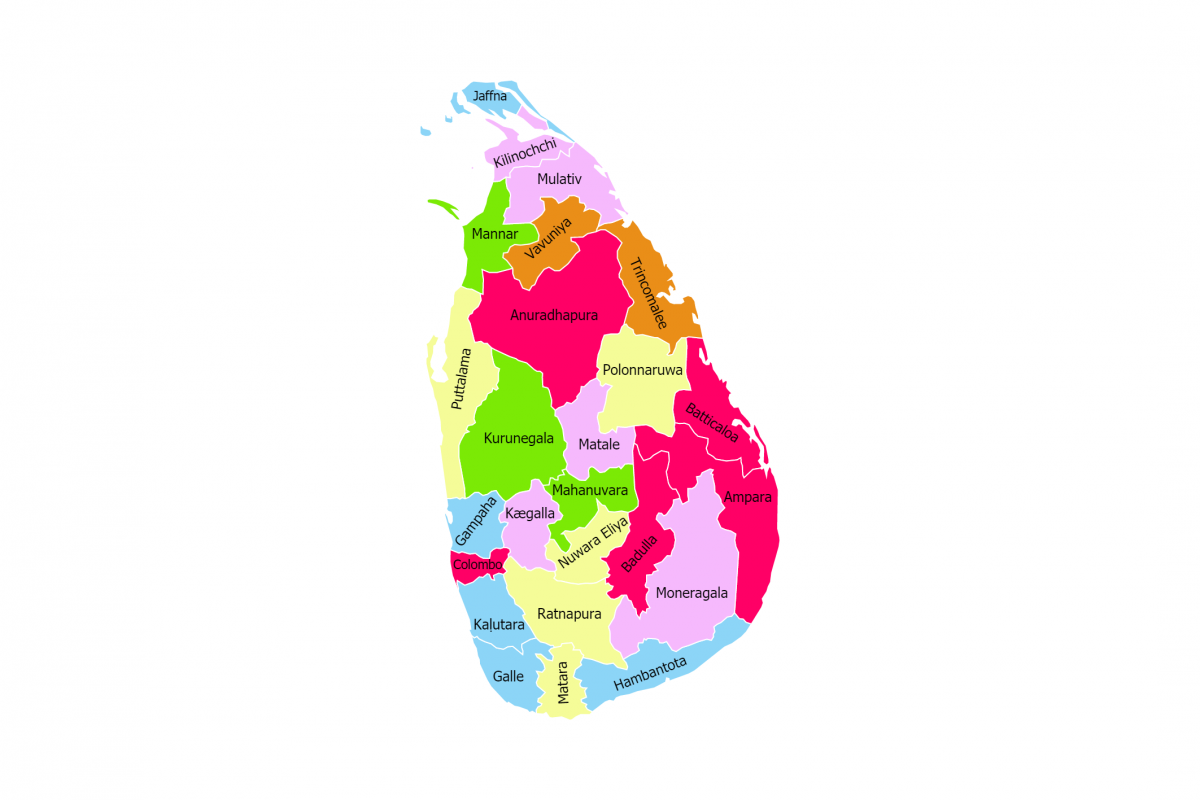
FLAG
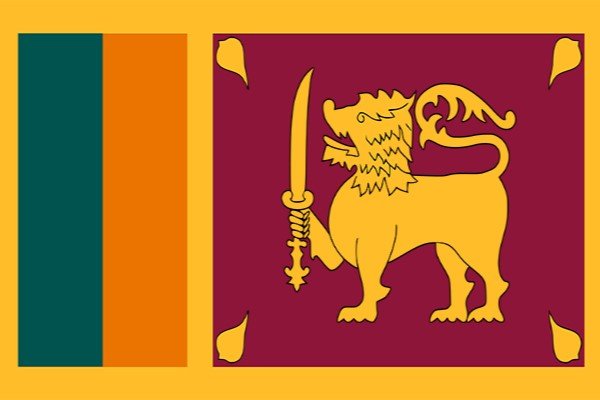
SRI LANKA
CAPITAL CITY
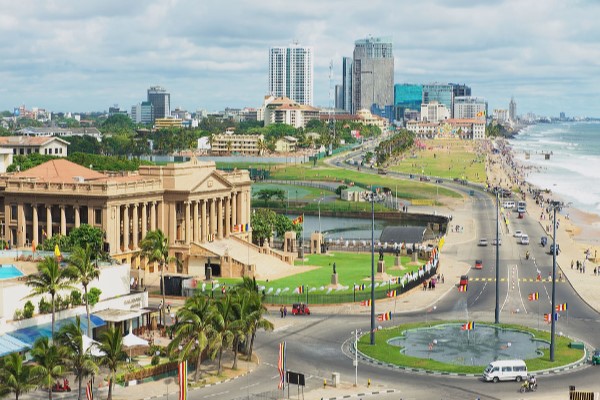
SRI JAYAWARDENEPURA KOTTE
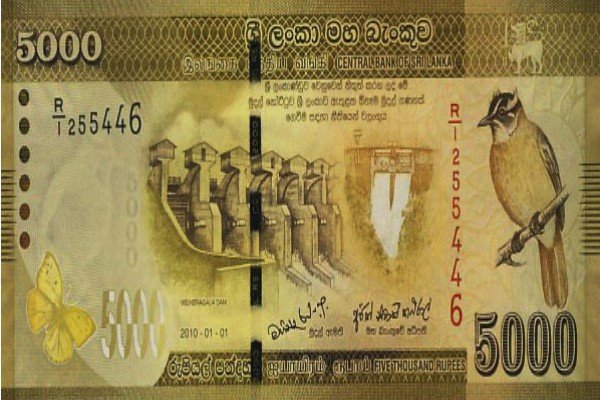
SRI LANKAN RUPEE
Language

Population

2.15 CRORES
Country
Calling Code

+94
LOCATION:
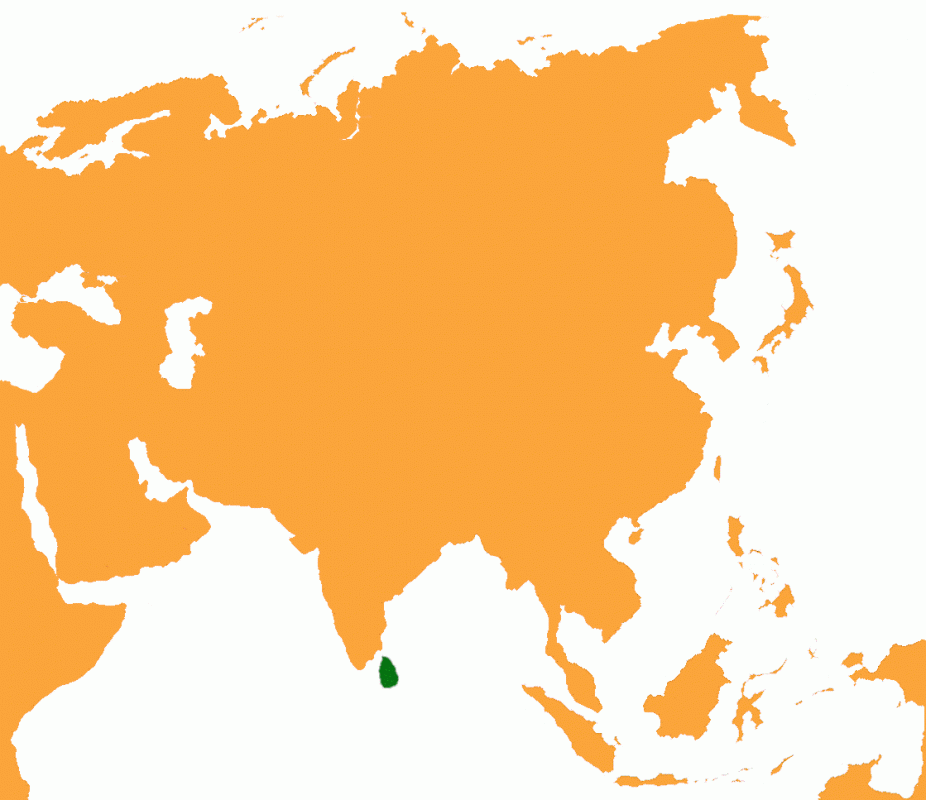
SOUTH ASIA
BORDER COUNTRIES:
INDIA
MALDIVES
THE  MONEY SHOW SEASON 2.0
MONEY SHOW SEASON 2.0
Mining and Infrastructure Business in Algeria
Facebook live 7.00 Pm Today.
Join Millionaire Program and change everything in life and Business..
Call/ WhatsApp +91- 8094607111.
GDP= $84.0 billion
GDP Growth= 3.3%
Ease of doing business rank= 99
GDP per Capita= $4,100
MOST RECENT VIDEOS
SIGN UP TODAY
Get our exclusive content and offers in your inbox










